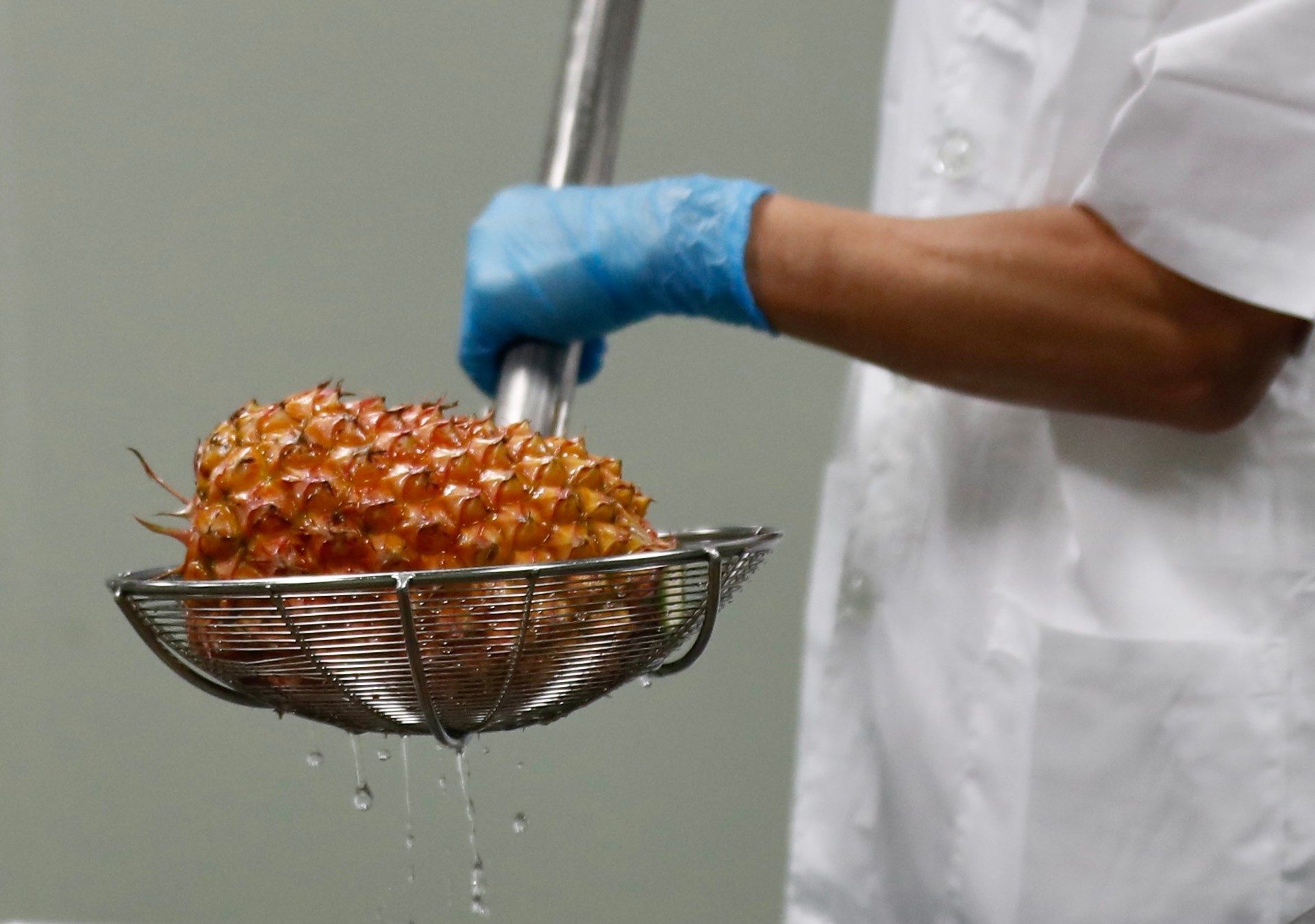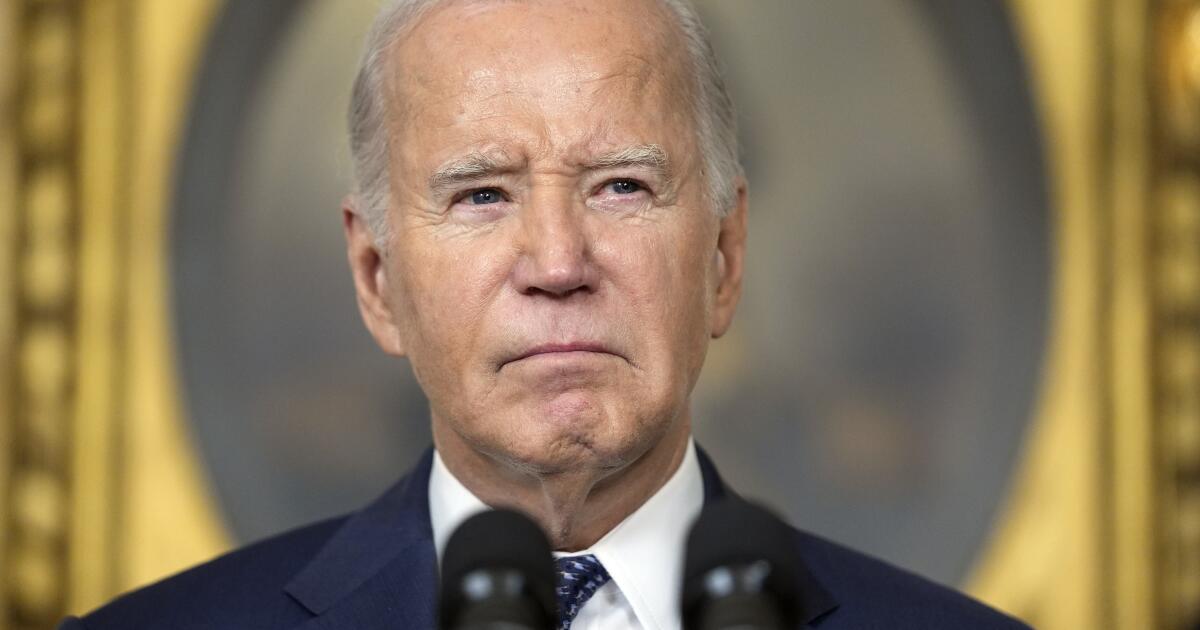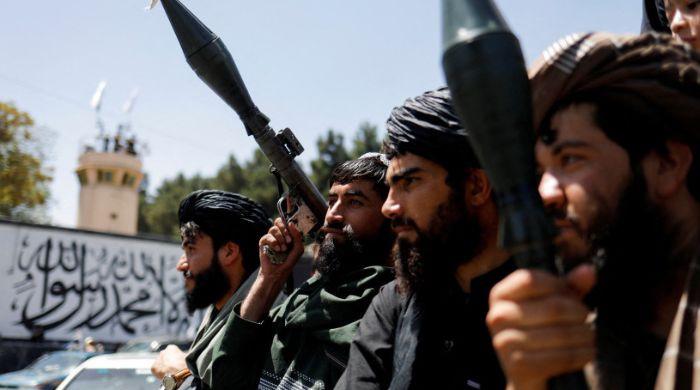Taipei, Taiwan – In early 2021, Chien and his fellow pineapple farmers in southern Taiwan received bad news: China had added their crop to a list of prohibited imports, citing concerns about pests and other safety issues.
At the time, Taiwanese pineapple growers were shipping almost all of their fruit to China in an industry valued at $284 million a year, even after accounting for the COVID-19 pandemic. Within a month, the price of his pineapples had fallen from 60 cents per 600 grams to mere cents, according to Chien.
“As soon as the news broke, everything fell apart within a month,” he said, asking not to use his full name for fear of financial repercussions because he sells pineapples to Hong Kong.
Worse still, the newly harvested crop could not be sold locally or exported to neighbors such as Japan and Hong Kong due to problems with product quality, he added.
“Taiwan had not really promoted export products because in the past it was dependent on China. The farmers were very nervous about the political situation and the price of pineapples was very low because they could not sell them,” he told Al Jazeera.
Beijing, which claims Taiwan as its own territory, announced more bans in the following months, targeting other tropical fruits such as sweet sugar apples and crisp, pear-shaped wax apples.
To observers in Taiwan, the import bans had little to do with food safety or concerns about pesticides. It appeared to be another case of Beijing expressing its anger against the ruling Democratic Progressive Party (DPP), which it considers “separatist” and bent on independence.
‘Clear correlation’
Since the DPP came to power in 2016 under President Tsai Ing-wen, Beijing has resorted to various means of coercion to undermine its rule, including military exercises in the Taiwan Strait, eliminating Taiwan’s last diplomatic allies, inciting online disinformation campaigns and isolate the autonomous island from international organizations.
Beijing has also resorted to economic coercion, banning individual tourists from visiting Taiwan in 2019, fining Taiwanese companies operating in China such as Far Eastern Group in 2021, and banning the import of Taiwanese products from fruits to fish.
Hitting Taiwanese farmers like Chien has limited economic impact on Taiwan’s economy, but the message is clear to Taiwan watchers.
Most of the farmers live in southern Taiwan, a DPP stronghold. In August 2022, China banned more than 2,000 Taiwanese imports, including cookies and cakes, in protest of a historic visit to Taiwan by then-US House Speaker Nancy Pelosi.
These efforts have continued in the run-up to Taiwan’s presidential and legislative elections on January 13. As the campaign season began last April, Beijing announced a major investigation into Taiwanese trade practices and ruled last month that Taiwan had unfairly imposed “trade barriers” on Taiwan. More than 2,000 Chinese products.
“This schedule aligns perfectly with Taiwan’s presidential election. There appears to be a clear correlation indicating China’s intention to leverage trade issues as a bargaining chip to influence Taiwan voters’ distrust in DPP governance and diminish its credibility in handling cross-Strait trade conflicts. ” wrote Chun-wei Ma, assistant professor of international affairs at Tamkan University, in a recent report on the topic.
The goal is to encourage voters to move away from presidential candidates like the DPP’s William Lai and toward a more “China-friendly” party, Ma said.
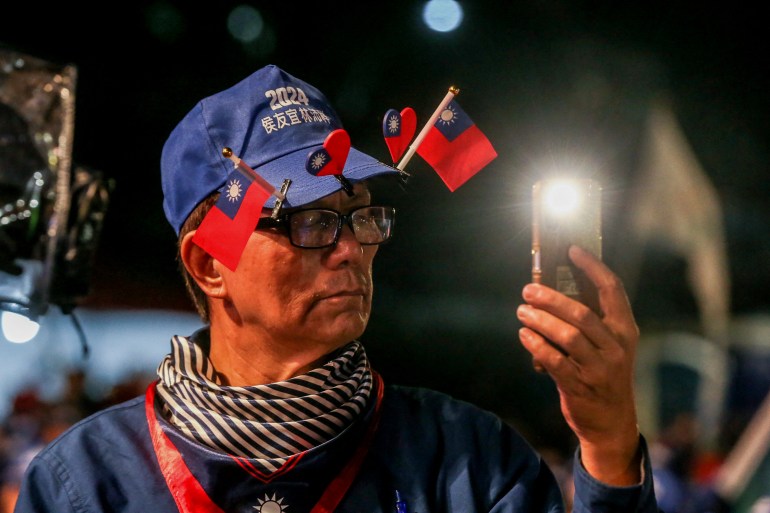
Taiwan’s government has also accused Beijing of interfering in elections through economic coercion, such as when it ended tariff cuts on a dozen Taiwanese petrochemical imports in late December, just as voters began making their final decisions.
Similar accusations were made when Beijing targeted Apple supplier Foxconn with a surprise tax investigation in November in what was widely seen as a rebuke of founder Terry Gou’s decision to run for president.
The move was also criticized as “political” by Taiwan’s National Security Council, as Beijing did not want Gou to divide the opposition in the upcoming elections, increasing the chances of a DPP victory, according to department head Wellington. Koo.
The more conservative Kuomintang (KMT), by contrast, has a long working relationship with Beijing. The independent Taiwan People’s Party has also called for more cooperation and renewed talks on a controversial services trade deal with China.
Still, despite Beijing’s intense activity, Taiwan experts such as Bonnie Glaser, managing director of the German Marshall Fund’s Indo-Pacific Program, maintain that its economic coercion remains moderate and largely symbolic compared to the damage it has caused. could inflict.
With cross-strait trade valued at $205 billion in 2022 according to Taiwanese data, China is Taiwan’s largest trading partner, a position that has no small influence. Beijing has shown it is not afraid to punish other close trading partners: in 2021 it cut coal and other imports from Australia, for example, after Canberra called for an independent investigation into the origins of COVID-19.
“Unlike the cases of Australia, South Korea and other countries that were intended to punish and deter others from challenging Chinese interests, economic pressure on Taiwan has been small-scale and part of a broader strategy to prevent Chinese independence.” Taiwan and promote reunification.” Glaser told Al Jazeera via email.
Analysts note that Beijing has yet to target Taiwan’s important semiconductor industry, the world’s largest, or the landmark 2010 Cross-Strait Economic Cooperation Framework Agreement, which reduced tariffs on major imports and exports.
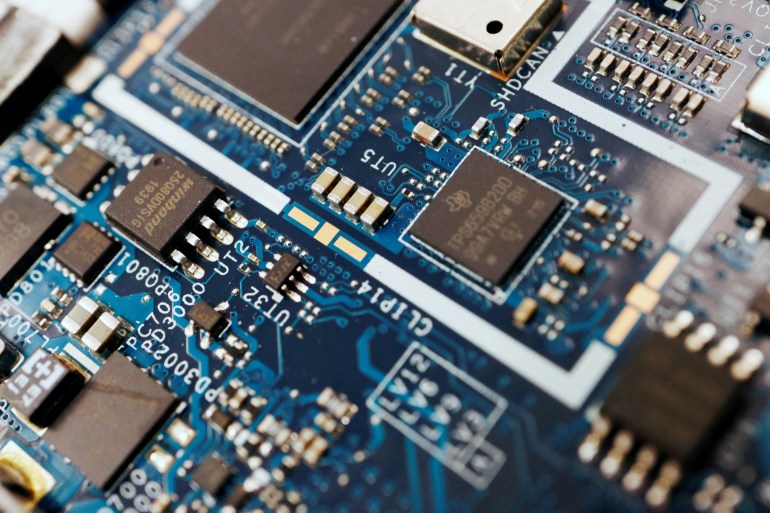
Glaser believes Beijing’s economic coercion will likely have the biggest impact on undecided voters.
“Using economic coercion to influence Taiwan’s elections is just one of the tools Beijing is using,” he said. “It is unlikely to have any impact on the voters who are the base of the [KMT] and [DPP] or those who have already decided who they will vote for. But it may have some impact on undecided voters.”
New generation of voters
As China turns to old methods to influence voters, Taiwan’s voter base is changing.
Voters born toward the end of martial law and who later see themselves as Taiwanese and not Chinese are tired of their authoritarian neighbor to the north and their punishment for asserting their identity.
They have also grown up in a much more stable environment than some of their parents and grandparents. They may have missed the economic boom of the 1970s and 1980s, but they also grew up with a higher overall standard of living with benefits like health insurance and widespread higher education.
Austin Wang, who studies Taiwanese public opinion at the University of Nevada, Las Vegas, said China’s coercive activities have begun to backfire at a time of transition for Taiwan.
“In fact, China’s economic benefits influenced public opinion in Taiwan in the past,” he said.
“The older generation that experienced poverty cared more about economics than identity. However, since Taiwan’s younger generation entered the era of post-materialism, economic benefits can hardly change their identity or attitude toward independence.”
As Taiwan’s political landscape changes, its economic presence in China is also falling. Thanks in part to the pandemic, the population of Taiwanese working in China fell from a high of 261,000 in 2011 to a low of 163,000 in 2021, according to government data.
Some companies that operate there are also questioning the future.
A 2022 survey of 500 Taiwanese companies by the US Center for Strategic and International Studies (CSIS) found that while 60.8 percent of respondents had business operations in China, 76.83 percent He felt that Taiwan needed to reduce its “economic dependence on China.”
A quarter of respondents said they had already moved some of their business out of China and a third were considering moving some operations.
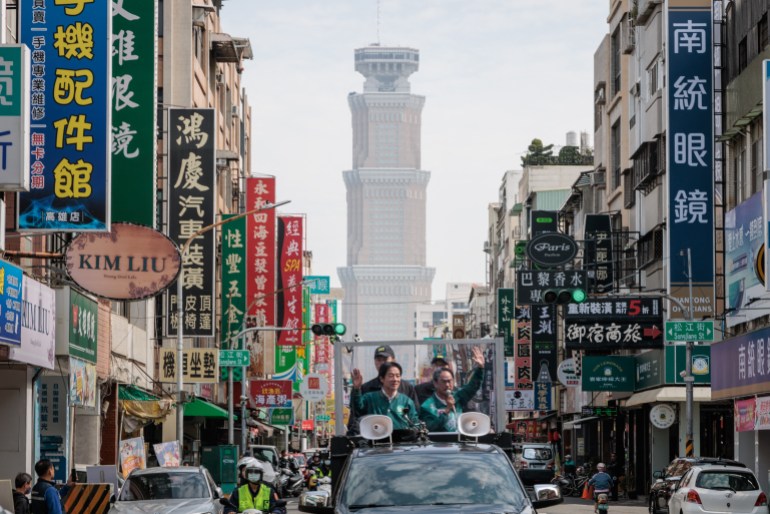
In Taiwan, even farmers have similar thoughts.
Beijing revoked its ban on Taiwanese pineapples in 2023, but it was also a lesson in why they needed to reduce their dependence on China.
During the three years they were excluded from the Chinese market, farmers worked together and with the government to grow better quality pineapples that could be exported to more demanding markets in Hong Kong and Japan, farmer Chien explained.
As business and prices increase, Chien said older farmers can go back to business as usual, but the younger generation won’t forget what happened.
“We don’t want to be used as a bargaining chip. Because even if today is fine, even if the [Chinese market] “If he were replaced and a different president was elected, the situation would still not change,” he said. “If China is not happy, they could still cancel or ban us, so it’s a very unhealthy business relationship.”

